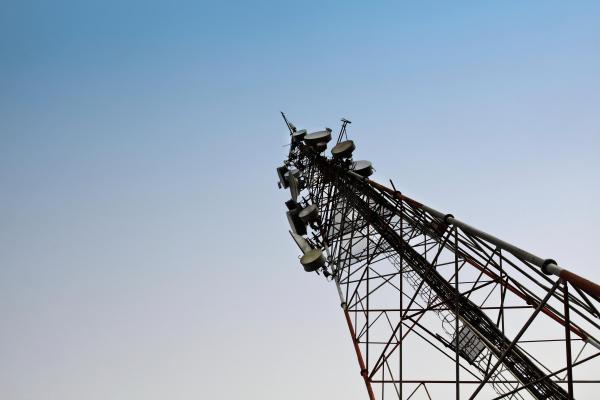
Telecom Service Providers (TSPs) have made substantial investments to bolster network infrastructure, deploying advanced technologies and automation tools to enhance Quality of Service (QoS) and reliability, said the Cellular Operators Association of India (COAI).
However, TSPs continue to face significant hurdles, including protracted Right of Way (RoW) approvals, interference issues, equipment theft, and vandalism. These external factors, beyond the control of operators, significantly impact service quality.
This comes after the TRAI released revised regulations for the Standards of Quality of Service (QoS) for Access and Broadband Services mandating the display of mobile coverage maps, monthly monitoring of QoS performance, introduction of new parameters like jitter and packet drop rate, and adoption of a Six Sigma Quality Management Plan.
“Despite these challenges, the industry has consistently met TRAI’s QoS benchmarks. Yet, the telecom sector is alarmed by the proposed regulatory changes, which impose stricter benchmarks, more frequent reporting, and granular data requirements,” said COAI. It added that these unprecedented measures will escalate compliance costs without commensurate consumer benefits.
While committed to improving service quality, the industry urges TRAI to consider the practical challenges faced by TSPs and adopt a more balanced approach to regulation.
